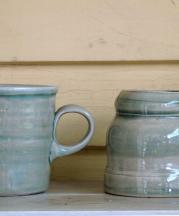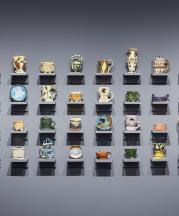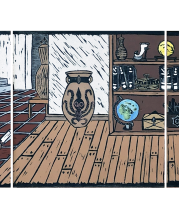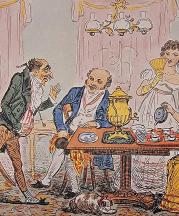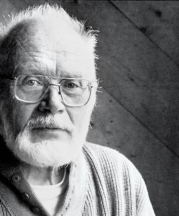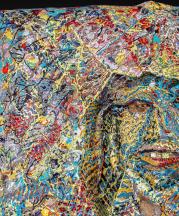
Author Profile
Keith Luebke (he/him/his)
Keith Luebke is a retired teacher with two degrees in art, one in sociology, and one in urban studies. He worked in a variety of nonprofit organizations for nearly twenty years. That work included promoting craftspeople in rural Illinois and New Mexico, but most of his work was with people experiencing homelessness. Keith was a part-time grant writer from the 1980s into this new millennium. He wrote funding proposals to create housing and supportive services for low-income families and individuals.


